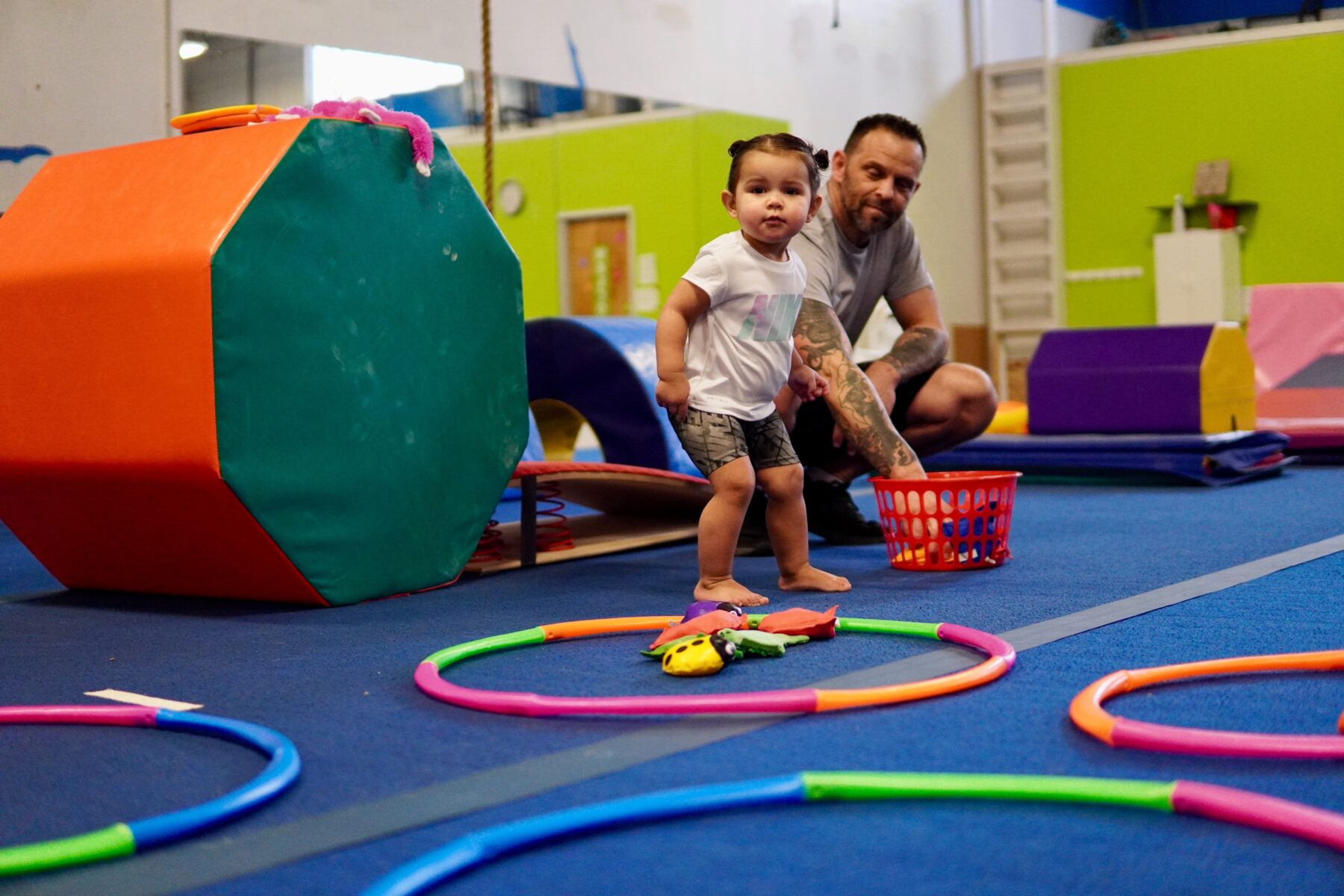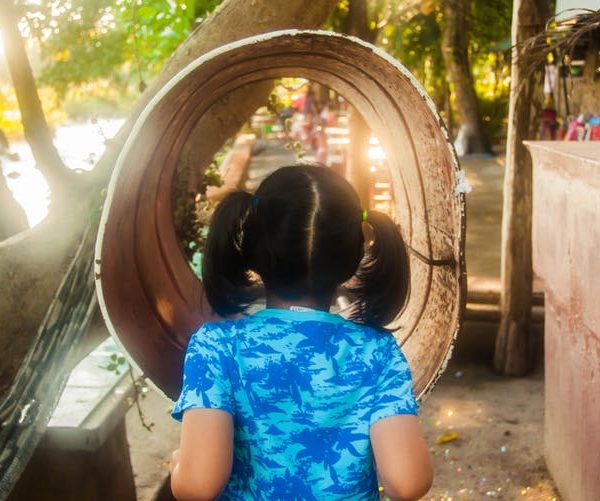Educational and Developmental Gains in Early Childhood (EDGE) Study launches today

A five-year research project to evaluate three-year-old kindergarten in Victoria will be officially launched at Dulap Wilim Pre-school in Sunbury later today by Minister for Early Childhood Ingrid Stitt.
The landmark Educational and Developmental Gains in Early Childhood (EDGE) Study, being carried out by the University of Melbourne in partnership with The Front Project, is supported by the Victorian Department of Education and Training and will run from 2022-2026, delivering interim findings at regular intervals.
EDGE will describe the programs, practices and learning experiences which encompass three-year-old kindergarten programs across Victoria with a key focus on documenting the experiences of children, families, educators, and community members.
“Victoria is the first Australian state to provide two years of universally funded kindergarten to three-and four- year-old children. This commitment includes around $5 billion in funding to roll-out universal three-year-old kindergarten across the state over ten years, from 2020,” Minister Stitt explained.
“This five-year study will provide the government with fantastic evidence and insight and demonstrates a commitment to providing practical information to the early childhood sector – teachers, educators, centre leaders, and providers.”
Currently there is limited Australian evidence on the impact of three-year-old kindergarten on children’s outcomes, and on how to best achieve an equitable and impactful early years’ experience that narrows the disadvantage gap and sets children up for future educational and life success, Professor Tricia Eadie from the Melbourne Graduate School of Education added.
Jane Hunt, The Front Project CEO, hopes that the study will demonstrate the return on investment of two years of early childhood education, taking account of the educational, social, and economic benefits of the policy, and building a case for future investment in children, particularly those children experiencing disadvantage – and society as a whole.
‘It will also be important beyond Victoria by measuring the impact of two years of universal kindergarten on children’s learning and development and, in doing so, contribute to the international and Australian evidence- base for early childhood education,’ Ms Hunt added.
Around 90 early learning centres from across rural, regional, and metropolitan Victoria, are anticipated to participate in the study, which has been made possible through a $5.8million grant from the Paul Ramsay Foundation and $1million from the Ian Potter Foundation.
Popular

Workforce
Quality
Research
When did it start to go wrong?
2025-12-18 08:00:46
by Fiona Alston

Quality
Practice
Research
Small ways to teach babies and toddlers body safety and consent in early learning
2025-12-15 08:00:40
by Fiona Alston

Quality
Research
Food safety in early learning centres: Protecting children through better practices
2025-12-15 07:45:24
by Contributed Content















